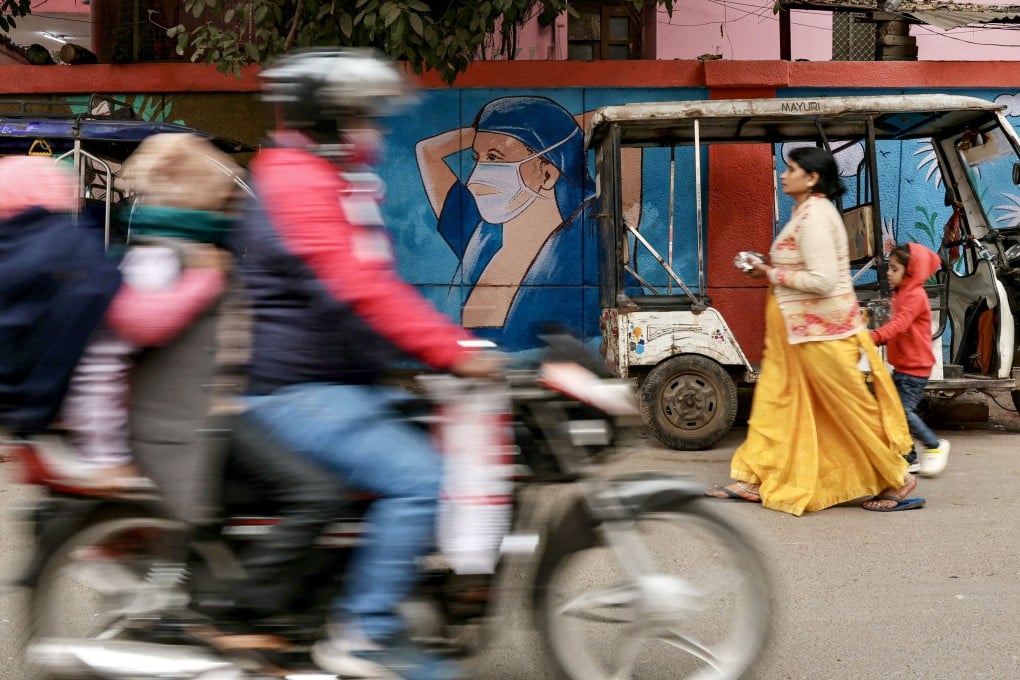Advertisement
Viral HMPV clickbait stokes anti-China rhetoric, from India to the Philippines
China’s HMPV cases were ‘within the expected range’, according to the WHO. But that hasn’t stopped the falsehoods and fearmongering
Reading Time:2 minutes
Why you can trust SCMP
4

A deluge of disinformation about a flu-like virus called HMPV is stoking anti-China sentiment across Asia and spurring unfounded concerns of renewed lockdowns, despite experts dismissing comparisons with the Covid-19 pandemic five years ago.
Fact-checkers have debunked a slew of social media posts about the usually non-fatal respiratory disease human metapneumovirus after cases reportedly rose in China. Many of these posts claimed that people were dying and that a national emergency had been declared.
Garnering tens of thousands of views, some posts recycled old footage from China’s draconian lockdowns during the pandemic, as well as of crowded hospitals and doctors in hazmat suits.
Advertisement
The falsehoods and fearmongering, which researchers warn could jeopardise the public response to a future pandemic, surged even as the World Health Organization said China’s HMPV outbreak was “within the expected range” for the season.

Philip Mai, co-director of the Social Media Lab at Toronto Metropolitan University, said that the authors of some of these posts were “trying to scare people”.
Advertisement
Advertisement
Select Voice
Select Speed
1.00x